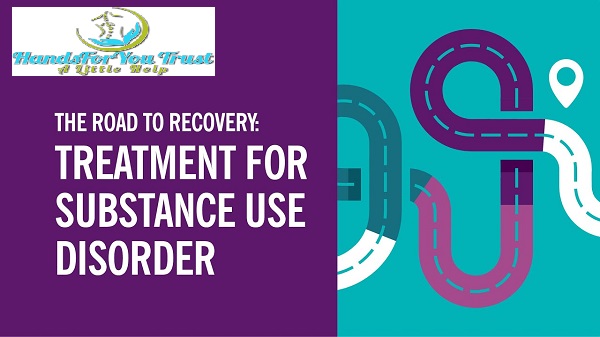The relationship between trauma and substance abuse is a complex and multifaceted one, deeply rooted in emotional, psychological, and physiological factors. For many individuals, trauma becomes a significant trigger for turning to substances as a way to cope with pain, anxiety, depression, and other overwhelming emotions. However, while substance abuse may provide temporary relief, it often exacerbates the underlying trauma, creating a vicious cycle that is difficult to break. In this blog, we will explore how trauma and substance abuse are interconnected, and how trauma-informed care can play a critical role in recovery during Substance abuse treatment in Mumbai.
Substance abuse treatment in Mumbai
How Trauma Leads To Substance Abuse?
- Self-Medication:
Many
individuals who have endured traumatic experiences turn to substances,
such as alcohol, drugs, or prescription medications, to numb the pain. The
emotional and psychological pain of trauma can feel unbearable, and
substances may offer temporary relief, allowing the individual to escape
their emotions, intrusive thoughts, or flashbacks. However, this relief is
fleeting and often leads to a cycle of addiction as the person continues
to use substances to avoid confronting their trauma.
- Avoidance
of Flashbacks and Triggers: Trauma survivors frequently experience
flashbacks, intrusive memories, or emotional triggers that can send them
into a state of panic, distress, or helplessness. Using drugs or alcohol
may feel like a way to “turn off” these overwhelming memories or feelings,
leading individuals to rely on substances to temporarily shut out their
past. Unfortunately, this avoidance only perpetuates the trauma and
impedes healing.
- Coping
with Anxiety and Depression: Trauma often leads to conditions like post-traumatic
stress disorder (PTSD), anxiety, or depression. These mental health issues
are frequently treated with substances as a form of self-medication.
Substances may offer short-term relief from the intense emotions
associated with these conditions, but in the long run, they can worsen
mental health symptoms and further entrench the individual in the cycle of
trauma and addiction.
- Loss
of Control: For
trauma survivors, feeling a lack of control is common, especially if they
experienced a traumatic event that they had no power to prevent or escape.
Substance use may give individuals a false sense of control or
empowerment, leading them to abuse substances to feel better or gain
control over their emotions or experiences. Unfortunately, this can
quickly spiral into addiction, where the person’s dependence on substances
replaces the need for healthy coping mechanisms.
As the Best alcohol rehabilitation center in Mumbai, we are always sure to provide
trauma-informed care. We understand the overall condition via assessment and
then provide the treatment.

Comments
Post a Comment